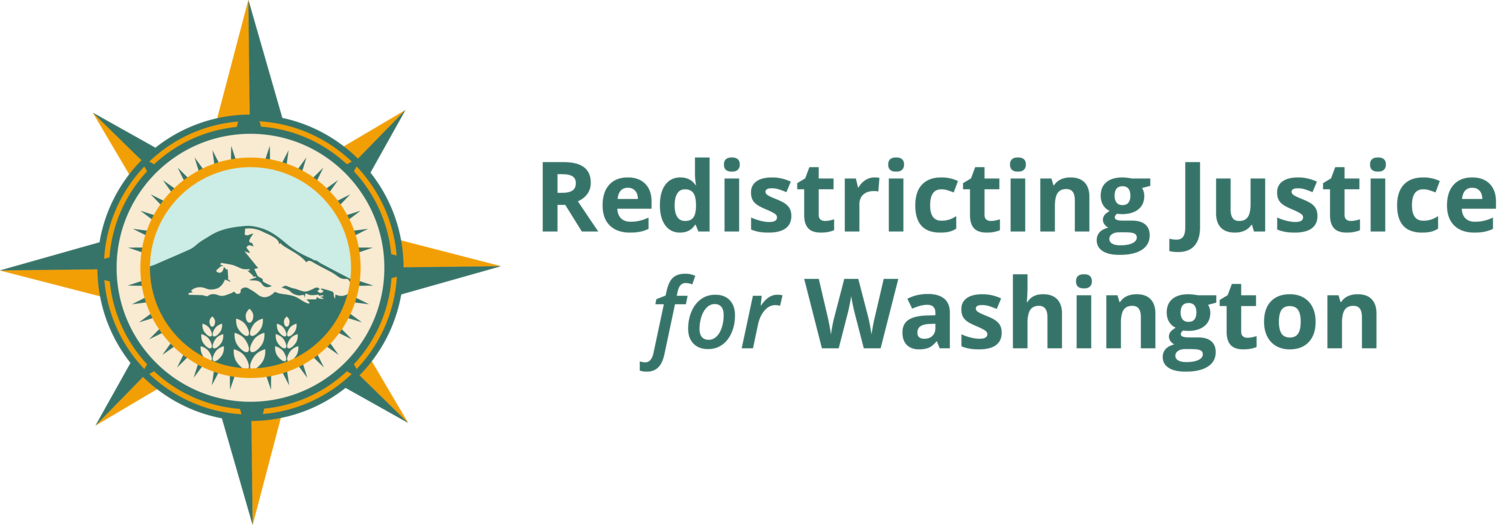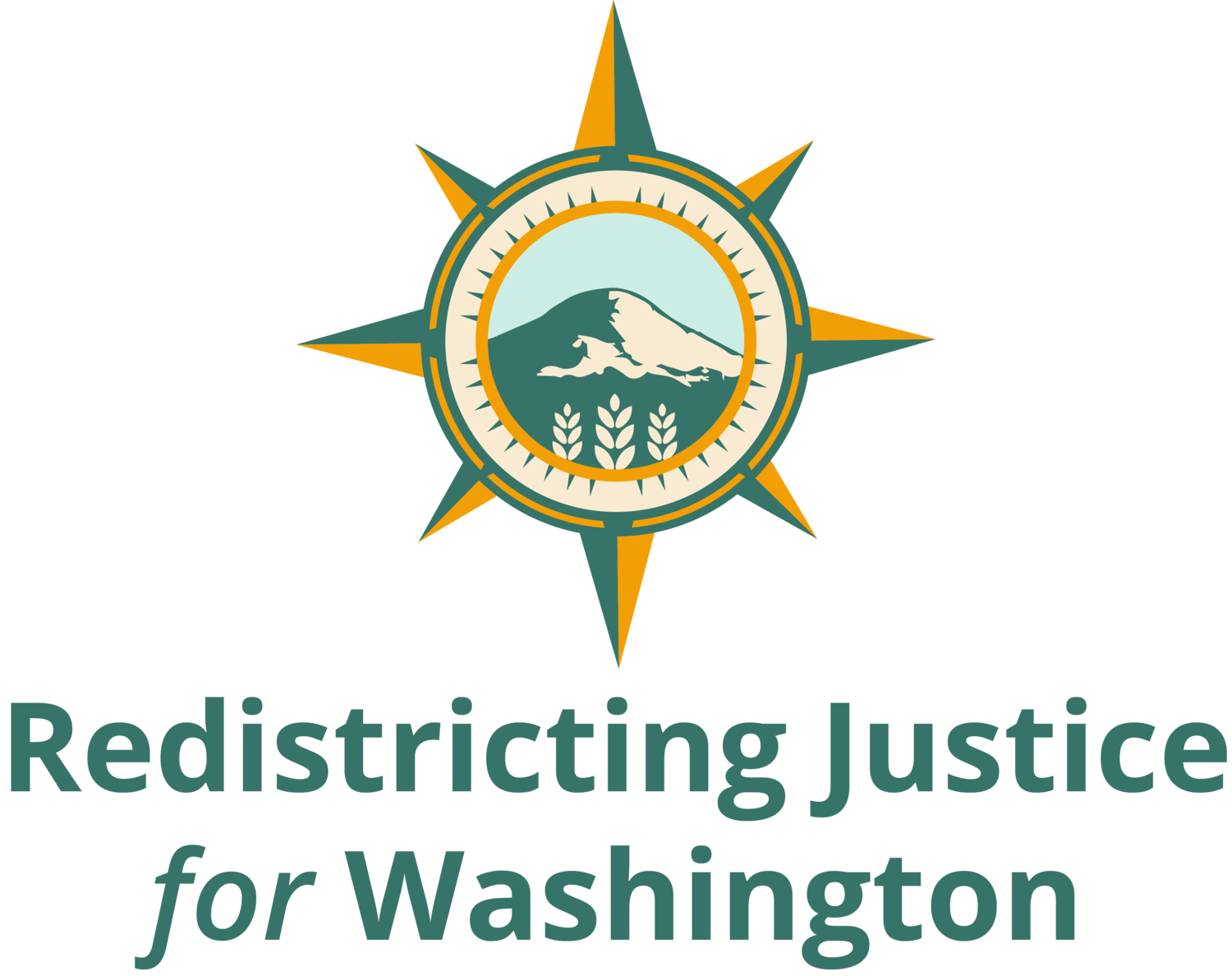Op-Ed: Seattle Must Keep Promise to Create First-Ever People-Centered Voting Districts
This month, Americans will decide the future of our politics in the November 8 midterms. But another important deadline lands that day, too: the day the Seattle Redistricting Commission submits its newly redrawn map of the city’s seven voting districts, a decision that will shape Seattle politics for the next decade.
This is the first-ever opportunity for Seattleites to create an equitable and community-informed electoral system for people of color, renters, low-income people, youth, and other marginalized groups in Seattle.
In 2013, Seattleites passed a ballot measure to establish seven council districts, creating an opportunity for a majority-BIPOC district where communities of color could elect a candidate of their choice. However, when it came time to draw those seven districts, Faye Garneau’s group, which pushed the measure, drew the boundaries behind closed doors. Garneau basically claimed she didn't see race, and so, inevitably, she oversaw the drawing of districts that split Yesler Terrace, Fremont, and other marginalized communities…
Racial Equity Advocates Like Seattle’s Newly Proposed Political Boundaries. Magnolia Residents Do Not.
RJS got great news when the Seattle Redistricting Commission (SRC) revealed its first official proposal for redrawing the city's political boundaries. The commission's proposal heeded many of the coalition’s demands, including its top priority of keeping Asian and Black communities together in majority-minority District 2, which, under the new proposal, would cover the Chinatown-International District (CID), Beacon Hill, Rainier Valley, Mount Baker, and Seward Park.
While the proposal does not reflect all of the coalition’s demands, according to Andrew Hong, the Statewide Coordinator at Redistricting Justice for Washington, the organizers will now play defense to keep the wins for the final version as other groups pick apart the proposal. Magnolia residents, who would be split into two districts under the new map, are already taking issue with their voting bloc on the chopping block.
…Hong said that council districts can help improve representation for people of color on the city council. Before the City instituted a district system, all nine council positions represented the entire city. In those elections, white people always held the majority in the electorate. But with districts, people of color held a majority in one council district, D2.
…The community-made map inspired somewhere between 50 and 100 people to tell the commission to adopt its map in full, Hong estimated. While RJS would love to advocate for D4 to be a more renter-heavy district, Hong sees…
GOP Draws Sloppy-Ass Map Proposals, Attempts to Grab More Power in Washington
…there's room for improvement all around. Andrew Hong, a spokesperson for Redistricting Justice for Washington (RJW), which aims for greater representation of POC in this process, said the group would like to see the commissioners draw the Muckleshoot nation into the 47th LD. "That's a community of color that’s been drawn into a very white rural district that doesn't share the same interests and priorities with the 31st LD," he said
Read the full article
The Stranger: Redistricting the South End Is a Civil Rights Issue
When I tell people I’ve just met that I was born and raised in the South End of Seattle, a set of ideas of where I come from and what I’ve experienced step between us, coloring what I say next. Before I even finish my introduction, I can see in their eyes how they’ve already begun to tell a story of who I am. Sure, they see me—but they’ve heard stories. And, more often than not, they make "cultural" assumptions about the people I call my family and my neighbors….
Read more





